Bipartisan bill introduced in the U.S. House and Senate would result in the ban of TikTok and others
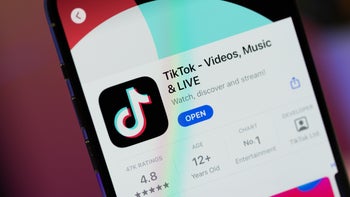
Back in August 2020, then-President Donald Trump embarked on a journey that he hoped would end with the popular short-form video app TikTok banned in the states. The extremely popular app is owned by a Chinese company called ByteDance and there was concern that the app was collecting the personal data of American children. But the story became a little more complex a few days after the initial announcement when then-President Trump signed an Executive Order.
Once again, TikTok is under attack from the United States government
The Executive Order demanded that ByteDance sell off the U.S. operations of TikTok within 90 days. In September, Trump said that he had approved "in concept" the purchase of TikTok by Oracle and Walmart. But nothing ever happened and as the calendar moved closer to November, the president lost interest in the whole thing as he focused on the election.

The proposed legislation seeks to ban TikTok in the U.S.
Once again, TikTok is under attack by the U.S. government. CNN reports that three lawmakers have introduced a new bill that would prevent TikTok from operating in the U.S. The legislation is spearheaded by the top Republican on the Senate Intelligence Committee, Marco Rubio.
The goal of the legislation is to "protect Americans from the threat posed by certain foreign adversaries using current or potential future social media companies that those foreign adversaries control to surveil Americans, learn sensitive data about Americans, or spread influence campaigns, propaganda, and censorship."
The bill proposes to "block and prohibit all transactions" in the U.S. made by social media companies with at least one million monthly users that are headquartered in or "under the substantial influence" of foreign countries that are considered adversaries. That would include China, Cuba, Iran, North Korea, Russia, and Venezuela. The bill mentions TikTok and ByteDance specifically as examples of social media companies that would be affected by the proposed legislation.
The bill comes along after seven states with Republican governors (including Maryland, South Dakota, and Utah.) have proposed state-wide legislation restricting the use of TikTok on government-owned devices. Frankly, we can't imagine that many government-owned phones or tablets have TikTok installed. Already, TikTok is prohibited from being installed on devices controlled by the U.S. military, the State Department, and the Department of Homeland Security.
The bipartisan legislation is named "Averting the National Threat of Internet Surveillance, Oppressive Censorship and Influence, and Algorithmic Learning by the Chinese Communist Party Act (ANTI-SOCIAL CCP Act)" and Rubio said in a statement that "The federal government has yet to take a single meaningful action to protect American users from the threat of TikTok. This isn’t about creative videos — this is about an app that is collecting data on tens of millions of American children and adults every day."
Republican congressman Mike Gallagher compares TikTok to fentanyl
The senior Senator from Florida added, "We know it’s used to manipulate feeds and influence elections. We know it answers to the People’s Republic of China. There is no more time to waste on meaningless negotiations with a CCP-puppet company. It is time to ban Beijing-controlled TikTok for good."
While Rubio introduced the bill in the Senate, it was introduced in the House by representatives Mike Gallagher (R-WI) and Raja Krishnamoorthi (D-IL). Gallagher looked to link TikTok to the potent painkiller fentanyl which has been smuggled in from China and has been used to cut street drugs resulting in the deaths of many American addicts.
Gallagher wrote, "TikTok is digital fentanyl that’s addicting Americans, collecting troves of their data, and censoring their news. It’s also an increasingly powerful media company that’s owned by ByteDance, which ultimately reports to the Chinese Communist Party – America’s foremost adversary. Allowing the app to continue to operate in the U.S. would be like allowing the U.S.S.R. to buy up the New York Times, Washington Post, and major broadcast networks during the Cold War."
TikTok spokesperson Hilary McQuaide responded to the news by saying, "It’s troubling that rather than encouraging the Administration to conclude its national security review of TikTok, some members of Congress have decided to push for a politically-motivated ban that will do nothing to advance the national security of the United States. We will continue to brief members of Congress on the plans that have been developed under the oversight of our country’s top national security agencies—plans that we are well underway in implementing—to further secure our platform in the United States."



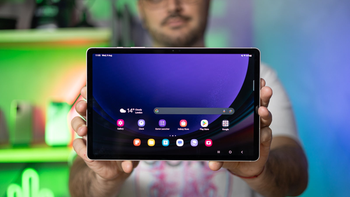
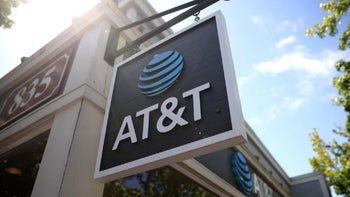
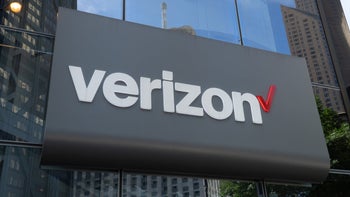

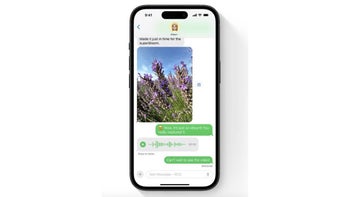

![Some T-Mobile customers can track real-time location of other users and random kids without permission [UPDATED]](https://m-cdn.phonearena.com/images/article/169135-wide-two_350/Some-T-Mobile-customers-can-track-real-time-location-of-other-users-and-random-kids-without-permission-UPDATED.jpg)
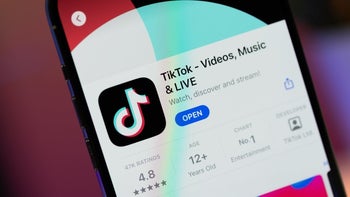

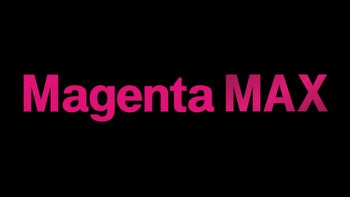
Things that are NOT allowed: